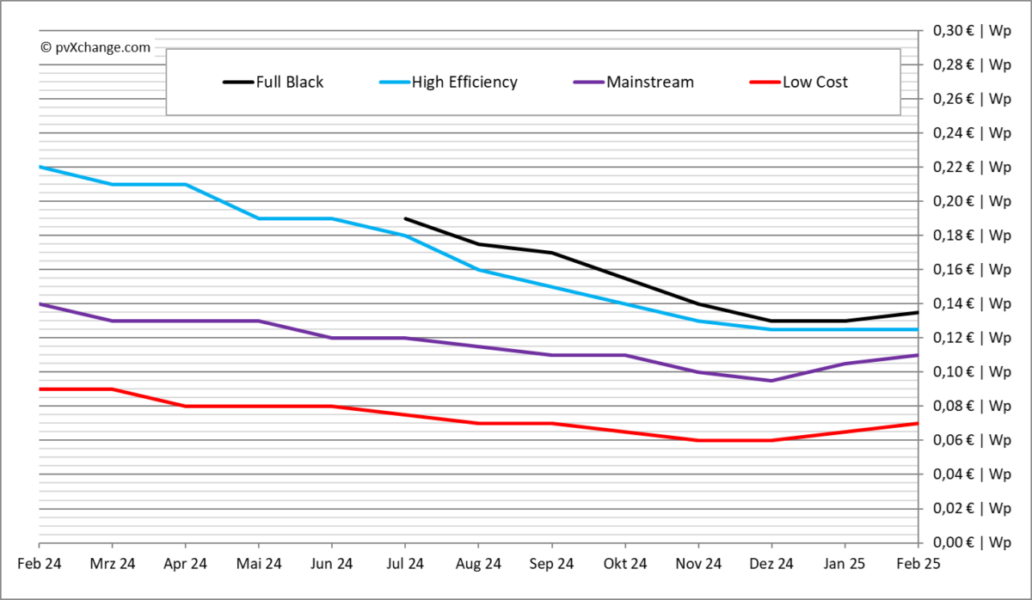From pv magazine India
ICRA projects a rebound in renewable energy capacity addition in India, with expectations of 20 GW in fiscal 2024 compared to 15 GW in fiscal 2023. This includes 16 GW from solar, 2 GW from wind, and an additional 2 GW from hybrid projects.
The extension granted by the Ministry of Power until March 2024 for solar and hybrid projects, relaxation of the ALMM requirement, and recent moderation in solar PV cell and module prices are anticipated to drive capacity addition this fiscal year, according to ICRA.
Vikram V, vice president and sector head – corporate ratings at ICRA, said that the slowdown in bidding activity in the solar power segment in fiscal 2023 due to elevated module prices, ALMM challenges, and duties on imported modules. While there is visibility for renewable energy capacity addition in the near term, significant tendering activity is necessary to meet the renewable purchase obligation (RPO) targets.
Despite execution risks and input cost pressures, ICRA maintains a “stable” outlook for the renewable energy sector, driven by strong policy support, favorable demand prospects, and competitive tariffs. The sector also benefits from the realization of overdue payments and regular bill payments by discoms under the Late Payment Surcharge scheme.
According to JMK Research, India is expected to install 16.8 GW of new solar capacity in 2023, comprising approximately 14 GW of utility-scale projects and 2.8 GW of rooftop projects. In 2022, India installed 11.4 GW of utility-scale solar capacity and 1.9 GW of rooftop PV, resulting in a total of 13.3 GW. As of December 31, 2022, the cumulative utility-scale solar capacity in India was approximately 53.6 GW, with an additional 44.6 GW in the pipeline.
This content is protected by copyright and may not be reused. If you want to cooperate with us and would like to reuse some of our content, please contact: editors@pv-magazine.com.




1 comment
By submitting this form you agree to pv magazine using your data for the purposes of publishing your comment.
Your personal data will only be disclosed or otherwise transmitted to third parties for the purposes of spam filtering or if this is necessary for technical maintenance of the website. Any other transfer to third parties will not take place unless this is justified on the basis of applicable data protection regulations or if pv magazine is legally obliged to do so.
You may revoke this consent at any time with effect for the future, in which case your personal data will be deleted immediately. Otherwise, your data will be deleted if pv magazine has processed your request or the purpose of data storage is fulfilled.
Further information on data privacy can be found in our Data Protection Policy.